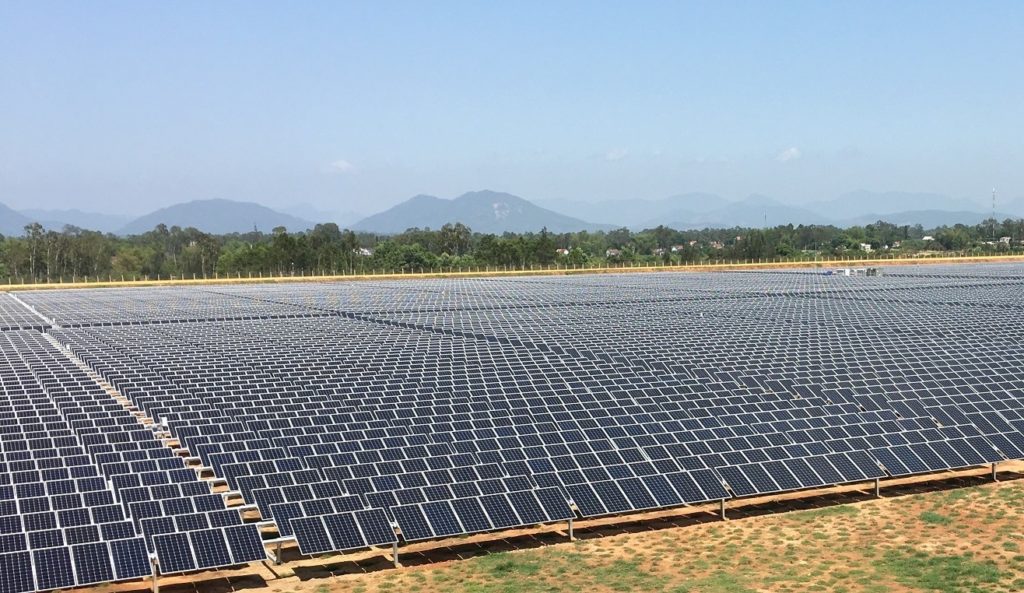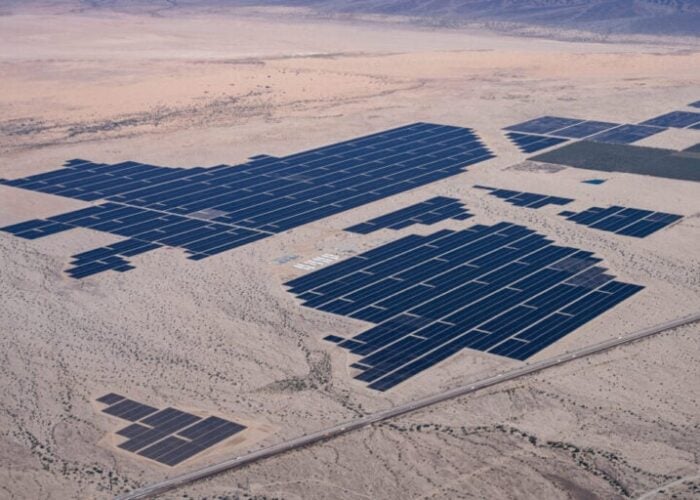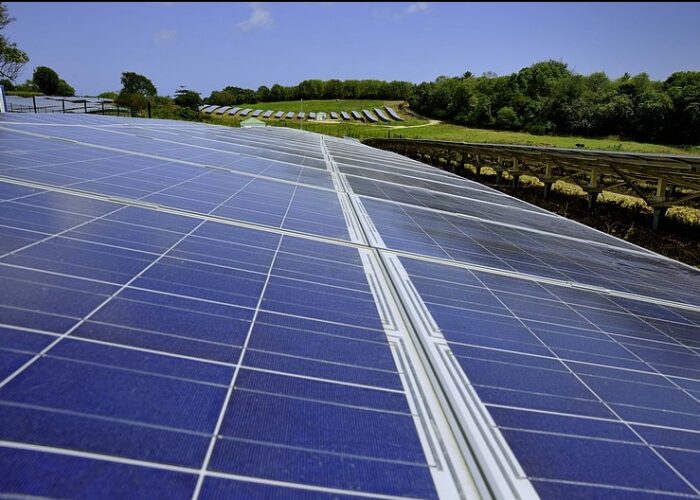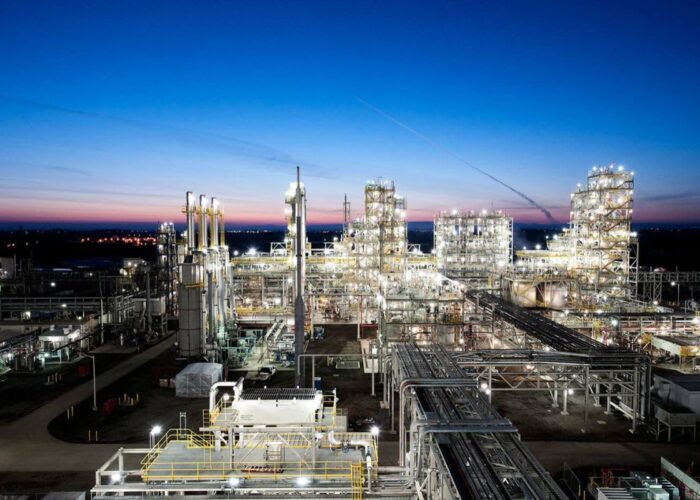
US solar tracker manufacturer FTC Solar has cut its net losses compared with last quarter and Q2 2021 but has seen its revenue collapse, blaming a hostile solar industry environment in the US that has seen project delays and cancellations, which it said it now hoped was coming to an end.
In its Q2 2022 financial results, the Texas-based tracker manufacturer recorded a net loss of US$25.7 million, down from US$27.8 million last quarter and US$52.4 million from Q2 2021. At the same time, its revenue fell from US$50 million in Q2 2021 to US$30.7 million last quarter.
Unlock unlimited access for 12 whole months of distinctive global analysis
Photovoltaics International is now included.
- Regular insight and analysis of the industry’s biggest developments
- In-depth interviews with the industry’s leading figures
- Unlimited digital access to the PV Tech Power journal catalogue
- Unlimited digital access to the Photovoltaics International journal catalogue
- Access to more than 1,000 technical papers
- Discounts on Solar Media’s portfolio of events, in-person and virtual
“This revenue level reflects the lower demand environment in the US amid the regulatory environment and solar module availability constraints,” FTC Solar said, “and represents a decrease of 38% compared to the prior quarter and a decrease of 39% year-over-year, driven by lower volume and partially offset by a higher average selling price (ASP)”.
Despite being on the “cusp of profitability” in March, FTC Solar in May announced that it was withdrawing its guidance for the year and warned of material uncertainties caused by the US AD/CVD investigation. This has since been circumvented by US President Joe Biden’s executive order that imposed a two-year freeze on new tariffs on solar imports from Southeast Asia “that essentially removes the AD/CVD tariff risk for 24 months”.
“Following the President’s executive order on clean energy in June, we have observed a significant uptick in customer project discussions,” said FTC Solar’s CEO Sean Hunkler.
Hunkler said developers and EPC customers were “eagerly working to secure sufficient module supply for both delayed 2022 projects as well as a strong funnel of 2023 projects” and that, based on this, the company believes that “successfully navigating the Uyghur Forced Labor Prevention Act (UFLPA) import restrictions on solar modules remains the last hurdle for the industry to overcome to ensure a very strong recovery in 2023″.
On 21 June, the UFLPA came into force in the US and assumed that any items “wholly or in part” made in China’s Xinjiang region are a product of the region’s alleged labour camps for ethnic minorities, meaning they are prohibited from entering the US.
Amid “all the regulatory uncertainty of 2022”, FTC Solar said it was “focusing on those things we control”, including cost-reduction initiatives, operational improvements and strategic R&D.
Hunkler said the company was making “good progress” on future contracts, adding US$141 million to contracted and awarded orders since 9 May, bringing its total to US$774 million.
Yesterday (9 August), FTC Solar announced that it had partnered with energy contractor AUI Partners to provide solar tracking solutions for distributed generation (DG) projects under 20MW within an eight week time frame as it eyes greater growth in the DG sector.
Nonetheless, it expects Q3 to “represent the low-water mark in terms of revenue”, which the company said “reflected a continuation of largely prior-period module-supply related customer project delays”.
“Our expectation for gross margin reflects the lower revenue base to absorb overhead costs and incremental low-margin logistics revenue previously expected in the second quarter,” the company said of its Q3 outlook, although it is targeting a “significant rebound” in Q4.
Another potential boon for Q4 performance would be the passing of the Inflation Reduction Act (IRA) in the US House of Representatives, expected this Friday, Hunkler said on a call with analysts.
“One other potential change that is on the table is the proposed Inflation Reduction Act, which includes incentives and an extension of the investment tax credit. While there are already many underlying drivers of growth in the solar industry, we believe this bill would serve to further bolster and extend future demand,” he said.
Analyst commentary taken from The Motley Fool







